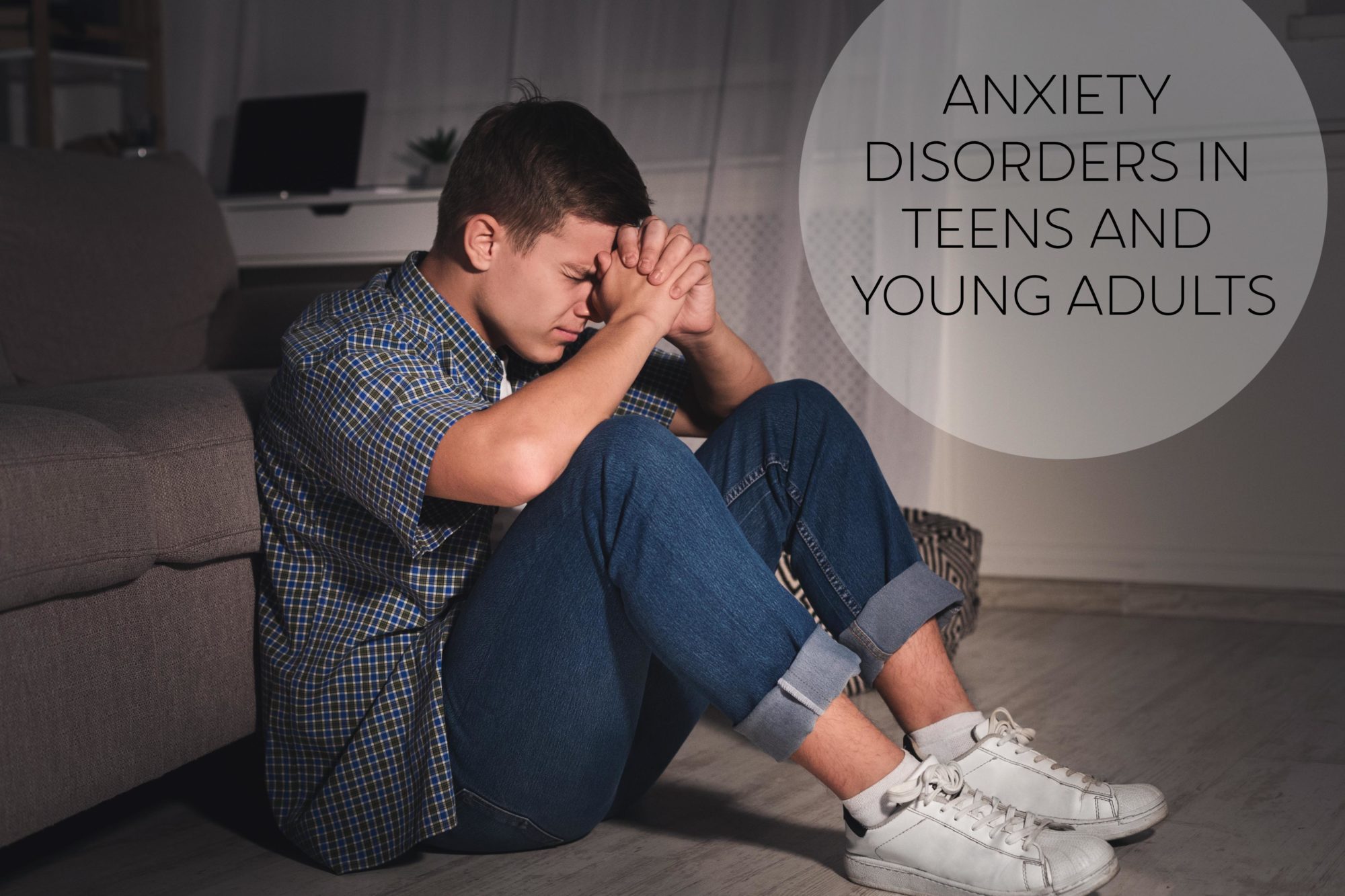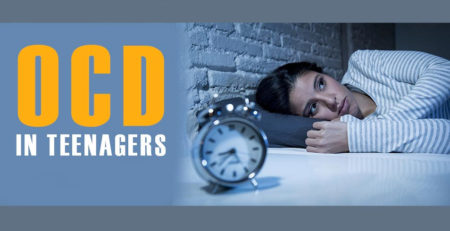Anxiety Disorders in Teenagers
Symptoms of anxiety disorders vary from teenager to teenager. Generally speaking, they include excessive fears and worries, feelings of inner restlessness, and a tendency to be excessively wary and vigilant. Even when there is no threat, some teenagers may experience continual nervousness, restlessness, or extreme stress. Anxiety teenagers may appear dependent, withdrawn, or uneasy in social settings. They may also seem either overly restrained or overly emotional. Preoccupation with worries about losing control or unrealistic concerns about social competence is not uncommon.
Physical symptoms are also common among teenagers with anxiety disorders. They may complain about muscle tension and cramps, stomachaches, headaches, pain in the limbs and back, fatigue, or discomfort. If you are a teenager experiencing any of these symptoms regularly, it is essential to seek professional help. 
Types of Anxiety Disorders
Many different types of anxiety disorders can affect teenagers. These include generalized anxiety disorder (GAD), panic disorder, agoraphobia, social anxiety disorder (SAD), selective mutism, separation anxiety disorder, and specific phobias.
Risk Factors
Several risk factors can increase a teenager’s likelihood of developing an anxiety disorder. These include family history (anxiety disorders tend to run in families), traumatic experiences (such as bullying), frequent moves or changes in schools/environments, and chronic medical conditions.
Treatment
Fortunately, there are many effective treatments for anxiety disorders available. These include therapy (cognitive-behavioral therapy is often particularly helpful), medication (antidepressants and anti-anxiety medications can be beneficial for reducing symptoms), and healthy lifestyle choices (such as exercise and relaxation techniques).
If you are a teenager experiencing the symptoms of an anxiety disorder regularly, it is vital to seek professional help. There are many different types of anxiety disorders that can affect teenagers, but there are also many effective treatments available. With the help of a mental health professional, you can develop a treatment plan that will work for you and help you start feeling better.
 Helping Your Teenager Cope with Anxiety
Helping Your Teenager Cope with Anxiety
The teenage years can be a challenging time for both adolescents and their parents. On top of the everyday stresses of life, teenagers also have to contend with the added pressure of fitting in, growing up, and making decisions that will shape their futures. It’s no wonder that so many teens suffer from anxiety.
If your teenager is willing to talk about his fears and anxieties, it’s essential to listen carefully and respectfully. Without discounting his feelings, help him understand that increased feelings of uneasiness about his body, performance, peer acceptance, and a general uncertainty are all natural parts of adolescence.
Common Sources of Teenage Anxiety
There are many things that can cause anxiety in teenagers. Some common sources of anxiety include:
- Academic performance: Teenagers may feel immense pressure to succeed in school and get good grades. They may worry about whether they are meeting their parents’ expectations or if they’ll get into the college of their choice.
- Social acceptance: Teens may worry about whether they are popular or whether they fit in with their peers. They may feel like they need to conform to certain standards in order to be accepted.
- Physical appearance: Teens may be self-conscious about their bodies and how they look. They may compare themselves to others and feel like they don’t measure up.
- The future: Teens may feel like they have to make decisions now that will determine the course of their lives. They may worry about choosing the right career path or making the right choices in life.
How to Help Your Teenager Deal with Anxiety
By helping your teenager trace his anxiety to specific situations and experiences, you can help him reduce the overwhelming nature of his feelings. Reassure him that, although his concerns are real, in all likelihood he will be able to handle them and that as he gets older, he will develop different techniques to be better able to deal with stress and anxiety.
Remind him of other times when he was initially afraid but still managed to enter into new situations, such as junior high school or camp. This will help him see that he has coped with difficult situations before and can do so again. Encourage him to talk about his anxiety with you or another trusted adult who can offer support and advice. Finally, recommend relaxation techniques such as deep breathing or visualization exercises that can help him manage his anxiety in the moment.











